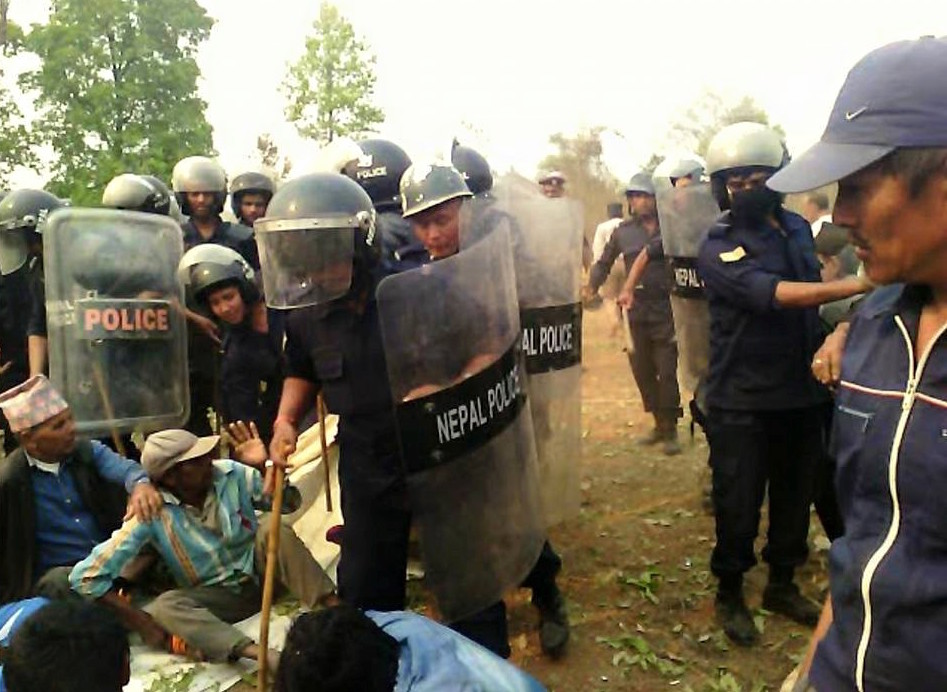Nepal: respect the rights of communities affected by World Bank project
On August 10, ESCR-Net sent a letter to the Government of Nepal to express concern regarding the reported and threatened human rights violations in connection with the World Bank-funded Khimti-Dhalkebar 220 kV Transmission Line Project (Project), in the Sindhuli District, which is operating on the lands of indigenous peoples.
The letter follows concerns expressed for over a decade by Project-affected peoples regarding the Project’s human rights and environmental impacts, including: appropriation of lands without adequate compensation or resettlement; impacts detrimental to local livelihoods including land devaluation, loss of economic opportunity and interference with agricultural activities; environmental impacts; health impacts; and impacts on historical, cultural, religious and sacred sites.
ESCR-Net also alleged that Project-affected communities have been subjected to, and continue to face threats of, violence, intimidation and coercion by the State in connection with peaceful protests which, are reportedly taking place within a broader context of a lack of transparency and meaningful consultation.

The letter expresses ESCR_Net’s collective demands that the Government of Nepal:
- Take immediate steps to cease disproportionate force and ongoing intimidation by the Nepalese authorities — including but not limited to the CDO, the police, and the Armed Police Force — against affected indigenous and local communities engaged in peaceful protest, and to withdraw all armed police forces from the Project-affected area;
- Undertake an investigation into the allegations of repeated suppression of dissent through use of force, intimidation and coercion by Nepalese authorities against indigenous and local communities engaged in peaceful protest, and ensure appropriate redress for any human rights violations;
- Take appropriate measures to ensure that community concerns and participation shape the design of the Project and the avoidance and mitigation of any negative impacts associated with it, including via the establishment of a transparent, inclusive dialogue process in connection with the Project;
- Suspend construction of the Project until the above process has been implemented fully and effectively, and
- Take appropriate measures to comply with the other human rights obligations noted above, and as otherwise relevant to this situation.
Read the complete letter here.
